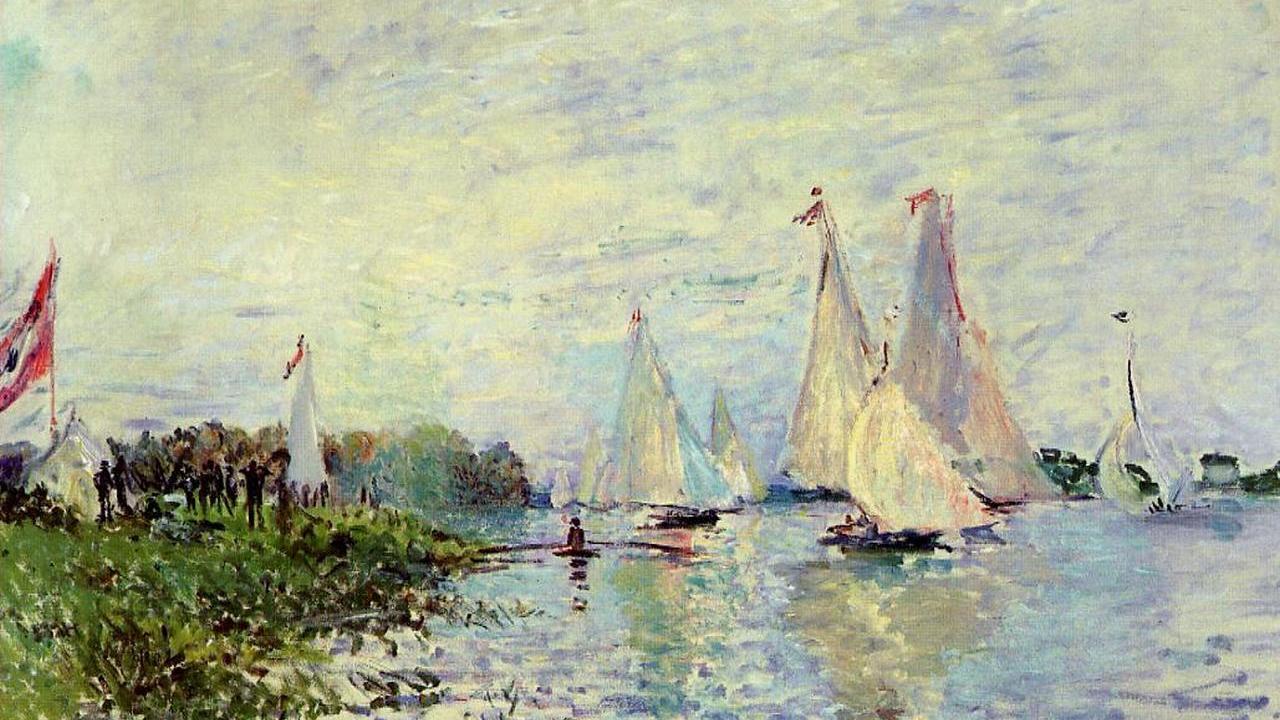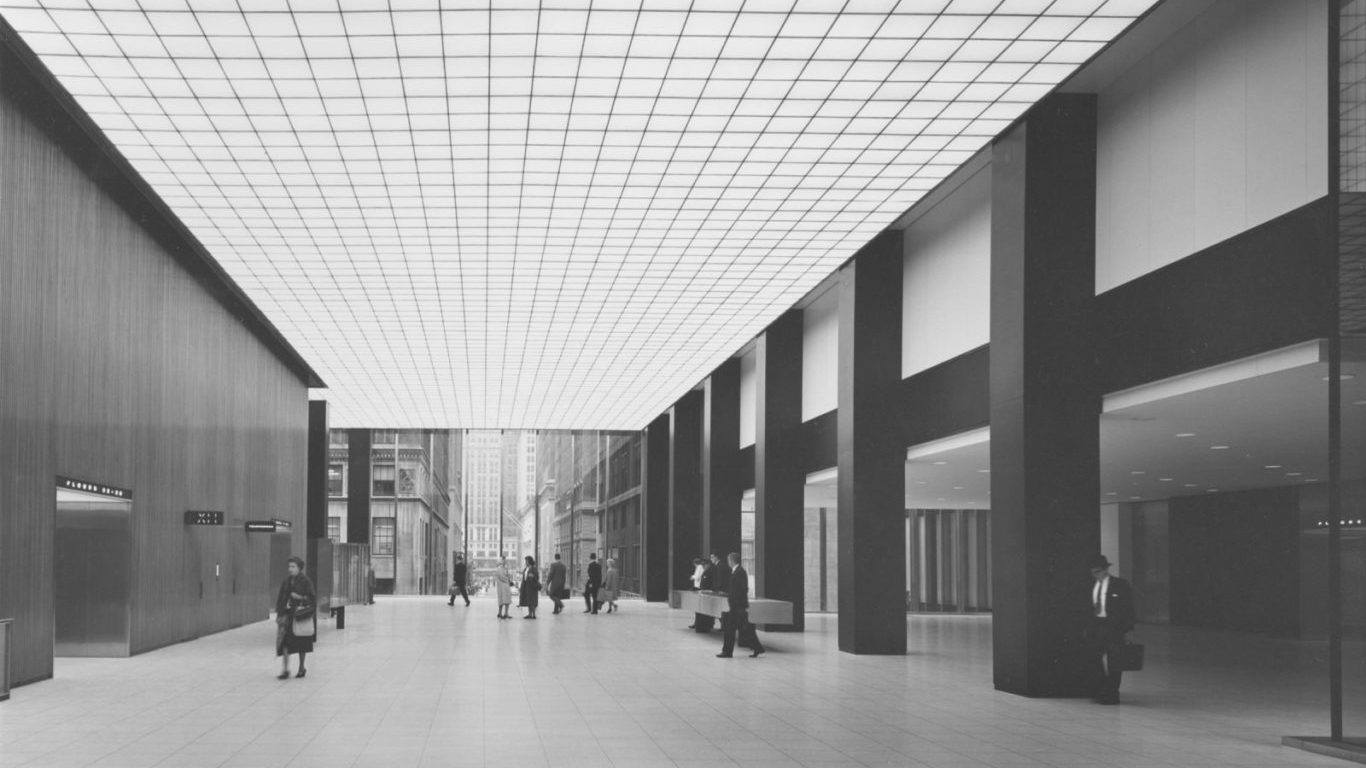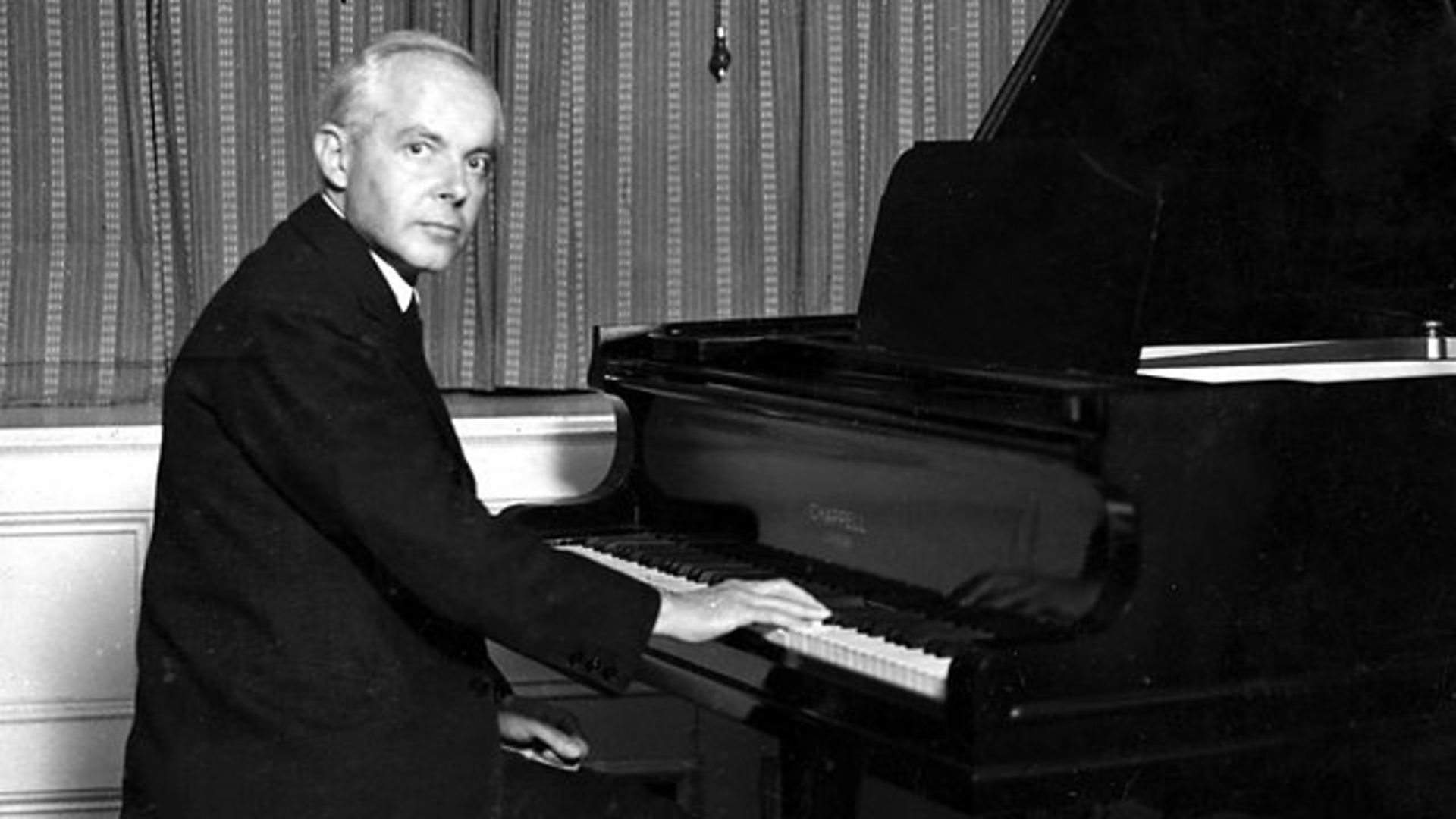Sibelius’ Fifth Symphony: An Expression of Nature’s Divine Logic
Jean Sibelius’ Symphony No. 5 in E-flat Major begins with the breadth and majesty of a vast, unfolding Nordic landscape. A mystical horn call rises and falls in an expansive arc, which opens the door to all that follows. Picked up by the woodwinds, the motif begins to fragment, spin, and develop with a sense of self-organizing inevitability. In his famous meeting with Gustav Mahler, Sibelius expressed admiration for the symphony’s “style and …







